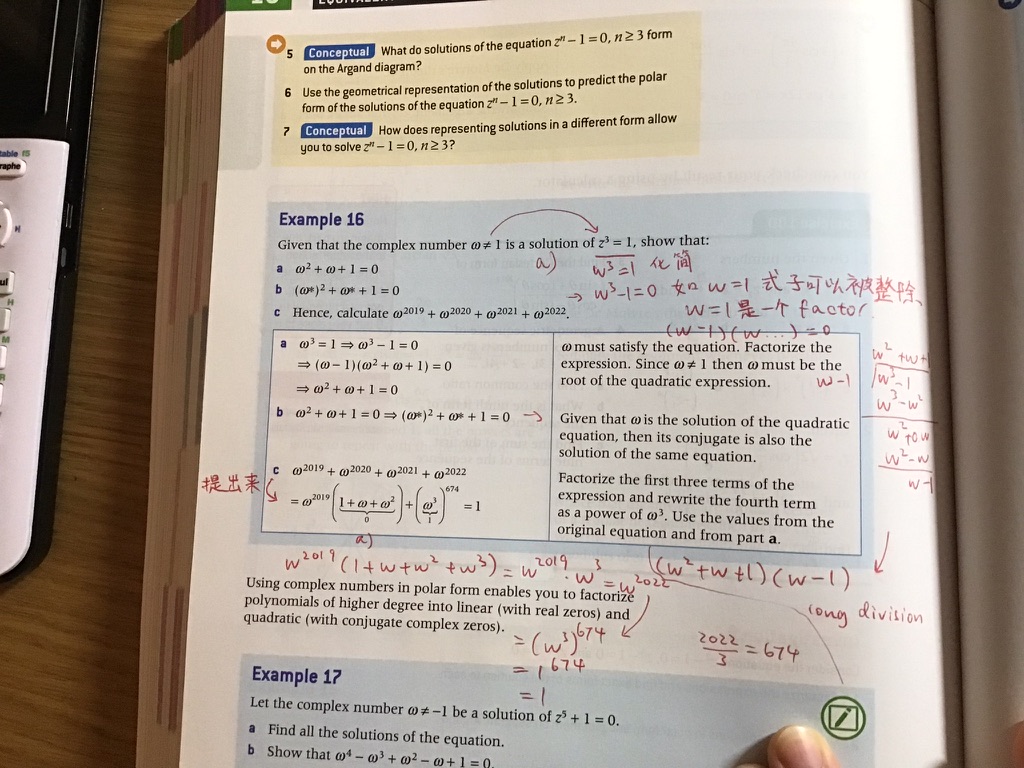The taken for granted guilt:a result of parenting
Ingrained subconsciously in your child’s perception when you say “don’t let my years of effort on you become a waste” “don’t let me down”
Some families devote their entire lives to their children. When these children grow up and prepare to leave home, especially those who are only children and have been the sole focus of their parents’ efforts, they often feel a sense of guilt because all their life they are told to “pay a debt of gratitude” to parents, whom sacrificed everything to nurture them with their biggest effort. This feeling is often times much more intricate and impactful as it appears.
It’s easier for children who would continue living in the same city as their parents, but for those who knew they will never live in the same place again, it feels like a premeditated escape. It’s as if they are running away with the time, energy, money, and trust amassed over the past decade from parents or more, like a runaway who has deceived their loved ones.
It is not unusual for every child to feel indebted to their parents. This feeling often stems from the realization that they may never be able to repay their parents’ kindness fully, yet they continue to ask for more, taking without hesitation. It’s akin to a startup that keeps seeking funding despite being uncertain about future successes, moving through rounds of financing, pre seed, seed, and eventually going for an IPO to further allure investors’ expectations.
Though it’s not the child’s fault, just as startups are not held accountable of taking the investment and failing. After all, who is capable of supporting themselves from the moment of birth? If it was possible, many would have chosen that path to avoid the subsequent feelings of guilt. This is the reason why some relationship between parents and children remains complex. However, after all, who can truly quantify the the hypothetical “debts” children owe to parents? It certainly can’t be measured like calculating return on investments. Who can, or even has the right to, define it?
Interested in more blog posts from @psycheguy? Follow me on Substack





